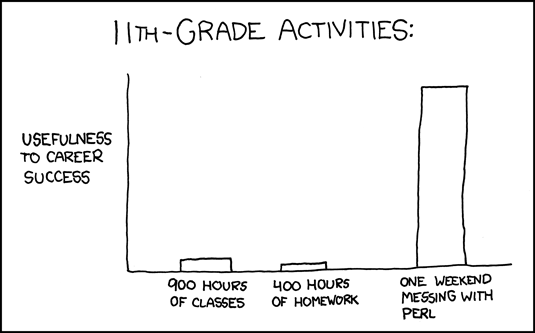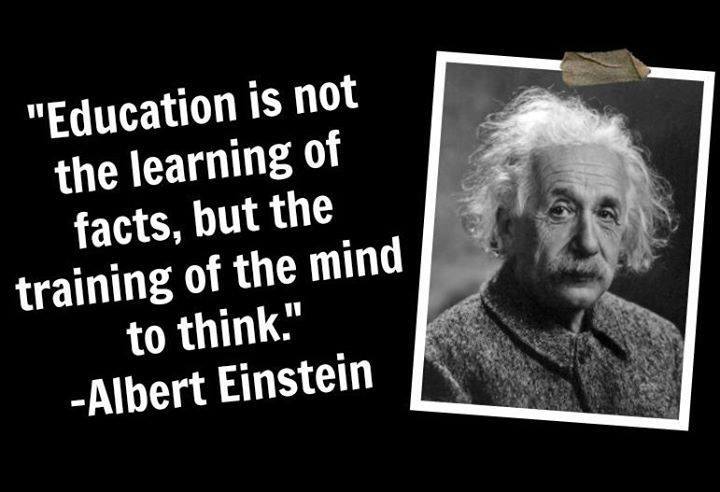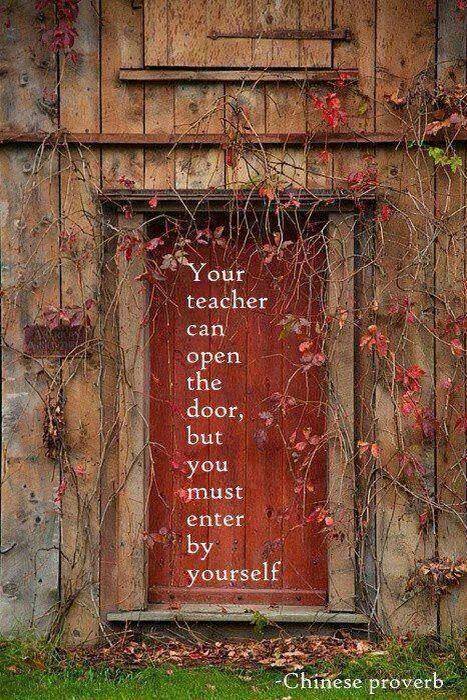How I See My JobIndex
I see my job here at College as helping you learn to find answers, and remembering enough of those answers that you can pass a job interview (no Google allowed!) and be useful to an employer.
There is no particular shortcut to remembering the material so that you can demonstrate your skill at your job interview. You need to discover the material, work with it, and use it.
I do my job by providing:
- A set of free class notes, instead of a huge and expensive textbook.
- Assignments that are based on the notes and that help practice and integrate the material from the notes.
- Lectures that explain and expand on those notes and assignments.
- Lab time (and email time) where you can ask an instructor for clarification of the class notes, lectures, and assignments.
Not giving you AnswersIndex
I do not provide direct “answers” to your questions if I already gave you those answers in the lectures, class notes, or assignments. My job when you ask is to guide you back to those notes and assignments so that you can find or work out your own answers and remember them.
If you didn’t hear or remember the material when I presented it to to you the first time, it’s up to you to find the answers yourself the second time, and I will help you with that. I won’t actually give you the answers.
I am happy to clarify the notes, lectures, and assignments that I have made available to you. Most of the answers to your questions are already written there, collected over years of experience teaching this subject material. Your questions help me refine and expand the notes to be more clear and complete.
Helping you find the answers is my job; I do it for you as part of the salary paid to me by the College.
Actually giving you answers is called “consulting”, and my fee is $300/hr. See me after you graduate.
No course material via EMailIndex
If you don’t understand something because the lectures and course notes aren’t clear enough, see an instructor in person in a scheduled laboratory period to talk about it.
Don’t ask me to explain course concepts to you in an email message; I’ve already explained the course to you in writing in the class notes and again in the lectures. If you don’t understand my writing, talk to me in person.
If you send me email asking me to explain some course material to you, I will always send you back to the class notes. Those notes are already my best written explanations of the course material. I will not copy those class notes into my email reply to you; I will ask you to read what I’ve already written.
If what I’ve written isn’t clear, you have to come talk to an instructor in person so we can try to find a different way to explain it.
How to ask questions by EMailIndex
Learning how to ask good questions is a skill you need to learn if you want to get help from other people.
If you want to ask a question by EMail, first read the document on how to Ask Questions and Report Problems so that your question can be answered.
No Individual InstructionIndex
My courses typically instruct 100-250 students. I am not able to provide you with individual instruction because you didn’t attend lectures, didn’t take lecture notes, didn’t read the class notes, or didn’t do the assignments. I will always send you back to the class notes and assignments if you haven’t read them.
After you have read the notes I’ve already written, I would love to discuss the material with you and help clarify it.
If you need extensive individual help with course material outside of the time that I can provide in your weekly lab periods, consider forming a study group or investing in a course tutor.







